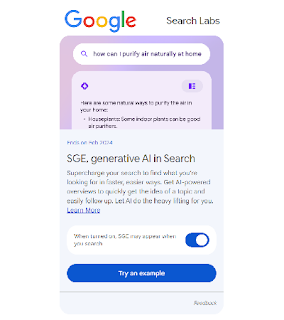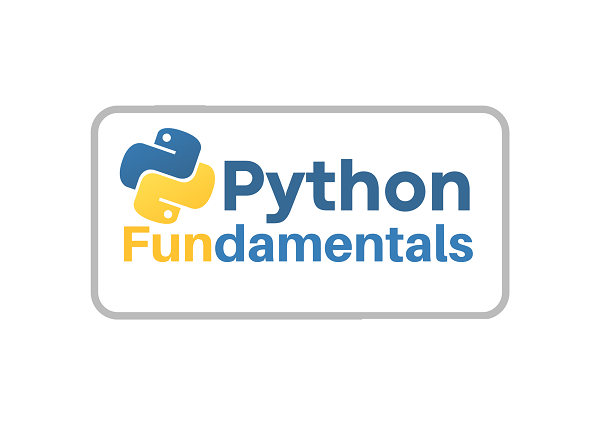Artificial Intelligence vs. Human Intelligence: Exploring the Differences and Similarities
Are you curious about the differences between Artificial Intelligence and Human Intelligence? Our latest blog post dives deep into the topic and explores their strengths and weaknesses, as well as their potential impact on society. Check it out!
Artificial intelligence and human intelligence are two distinct forms of intelligence that have unique strengths and weaknesses. AI is more efficient and consistent in performing specific tasks, while HI is more creative and adaptable to new situations.
Artificial Intelligence (AI) and Human Intelligence
(HI) are two distinct forms of intelligence that are often compared against
each other. While AI is the intelligence exhibited by machines, HI is the
intelligence exhibited by humans. The debate on which one is better has been
ongoing for years, with some arguing that AI is more advanced and efficient,
while others argue that HI is more complex and sophisticated. In this blog
post, we will explore the differences and similarities between AI and HI, and
discuss the impact of AI on society.
AI and HI: Differences
and Similarities of
The following table
summarizes the differences and similarities between AI and HI:
|
Artificial Intelligence (AI) |
Human Intelligence (HI) |
|
|
Type |
Machine Intelligence |
Biological Intelligence |
|
Learning |
Learns from data and experience |
Learns from experience and knowledge |
|
Creativity |
Limited creativity |
High creativity |
|
Emotions |
No emotions |
Emotions play a significant role |
|
Decision Making |
Consistent and objective |
Subjective and influenced by emotions |
|
Cognitive Ability |
Limited to specific tasks |
Ability to handle multiple tasks simultaneously |
|
Adaptability |
Easily adaptable |
Adapts slowly to changes |
|
Energy |
Requires energy to operate |
Operates on energy from food |
As shown in the table above, AI and HI have some significant differences in terms of their learning, creativity, emotions, decision-making, cognitive ability, adaptability, and energy requirements. AI is a machine intelligence that learns from data and experience, has limited creativity, and has no emotions. In contrast, HI is a biological intelligence that learns from experience and knowledge, has high creativity, and emotions play a significant role in decision-making.
However, there are also
some similarities between AI and HI. Both can learn and adapt to new
situations, both can perform complex tasks, and both can make decisions based
on available information. Moreover, AI can augment and enhance human
intelligence, allowing humans to accomplish more complex tasks with greater
accuracy and efficiency.
Examples of AI and HI
AI and HI can be seen in
various fields and applications, including:
Healthcare: AI is being used in medical imaging, disease diagnosis, and drug discovery. HI, on the other hand, is involved in patient
care, medical research, and treatment planning.
Finance: AI is used in fraud detection, risk management, and stock market analysis. HI is used in financial planning, customer service, and
investment management.
Education: AI is used in adaptive learning, intelligent tutoring
systems, and personalized education. HI is involved in teaching, research, and
educational administration.
Manufacturing: AI is used in robotics, process automation, and
quality control. HI is involved in product design, assembly, and maintenance.
Transportation: AI is used in self-driving cars, traffic management,
and logistics optimization. HI is involved in driving, pilotage, and
maintenance.
Impact of AI on Society
AI has the potential to
revolutionize various industries, improve productivity and efficiency, and
create new job opportunities. However, AI also poses some significant
challenges, including job displacement, bias, and ethical concerns. In the
future, AI is expected to play a more significant role in various aspects of
society, including healthcare, education, finance, transportation, and
entertainment.
Conclusion
AI and HI are two
distinct forms of intelligence that have their own unique strengths and
weaknesses. While AI is more efficient and consistent in performing specific
tasks, HI is more creative and adaptable to new situations. Both have their
roles to play in various fields and applications, and the future will likely
see greater integration of AI and HI in various aspects of society. As we
move towards a future where AI is becoming more ubiquitous, it is important to
recognize the value of human intelligence and the need for ethical
considerations in the development and use of AI.
Ultimately, the question
of whether AI will surpass human intelligence remains unanswered. Some experts
believe that AI will eventually reach a point where it surpasses human
intelligence, while others argue that there are certain tasks that only humans
can perform. Regardless of the outcome, it is clear that AI is transforming the
way we live and work, and it is up to us to harness its potential for the betterment
of society.
As we continue to explore
the relationship between AI and HI, it is important to consider the ethical
implications of AI development and use. We must ensure that AI is used to
benefit society as a whole, rather than just a select few, and that it does not
perpetuate existing biases and inequalities. Only through a thoughtful and
responsible approach can we ensure that AI is truly transformative in a
positive way.
In the end, the true
power of AI lies not in its ability to replace human intelligence, but in its
ability to complement and enhance it. By leveraging the strengths of both AI
and HI, we can achieve new heights of innovation and progress that would have
been impossible otherwise. The future is full of promise and potential, and the
possibilities are endless when we work together to harness the power of
artificial and human intelligence.




Comments
Post a Comment